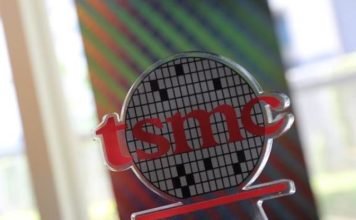The Vehicle Infrastructure Integration Consortium (VIIC), a consortium
of global automakers, announced that they will join key government officials
and other automakers to help accelerate the development of connected vehicles
by harmonizing standards.
Globally harmonized standards will enable the automakers and other
stakeholders to bring connected vehicle technologies to market more quickly and
at a reduced cost for the consumer.
Connected vehicle technologies are expected to be the next frontier for
enhancing motor vehicle safety. The technologies also could help reduce traffic
congestion by amassing data from many connected vehicles to provide real-time
traffic updates.
Connected vehicles using 5.9 GHz Dedicated Short Range Communication
(DSRC) technology can talk cooperatively with each other and with the roadside
infrastructure.
These conversations can provide connected vehicles with information on
other vehicles, intersections, road signs, etc. Vehicles can use this
information to help warn drivers of imminent dangers and help them avoid
potential crashes.
“The potential for vehicles to ‘talk’ to each other and the
roadside to help prevent crashes and improve mobility represents an exciting
opportunity,” said Tom Schaffnit, president, VIIC.
“Work to harmonize related technical standards internationally can
help support deployment of this technology here and in other countries,”
Schaffnit added.
International industry technical standards harmonization is a key to
accelerating the global deployment of this technology. An efficient, harmonized
set of standards among various markets would enable manufacturers to offer
these cooperative communication systems to consumers through a less complex
global rollout and at a lower cost to the customer.
The VIIC envisions a coordinated rollout of vehicle and infrastructure
DSRC technology in the U.S., along with similar rollouts internationally.
An automaker pre-competitive partnership, the Crash Avoidance Metrics
Partnership – Vehicle Safety Communications (CAMP VSC3) is providing a major
part of the precompetitive technical standards research and development
leadership in the U.S.
The commitment to global harmonization is a significant part of an
EU-U.S. Joint Declaration of Intent on Research Cooperation in Cooperative
Systems signed by government representatives in 2009. Working groups organized
under the Joint Declaration have held regular meetings on harmonization of
technical standards and related matters.
By Telecomlead.com Team
[email protected]





